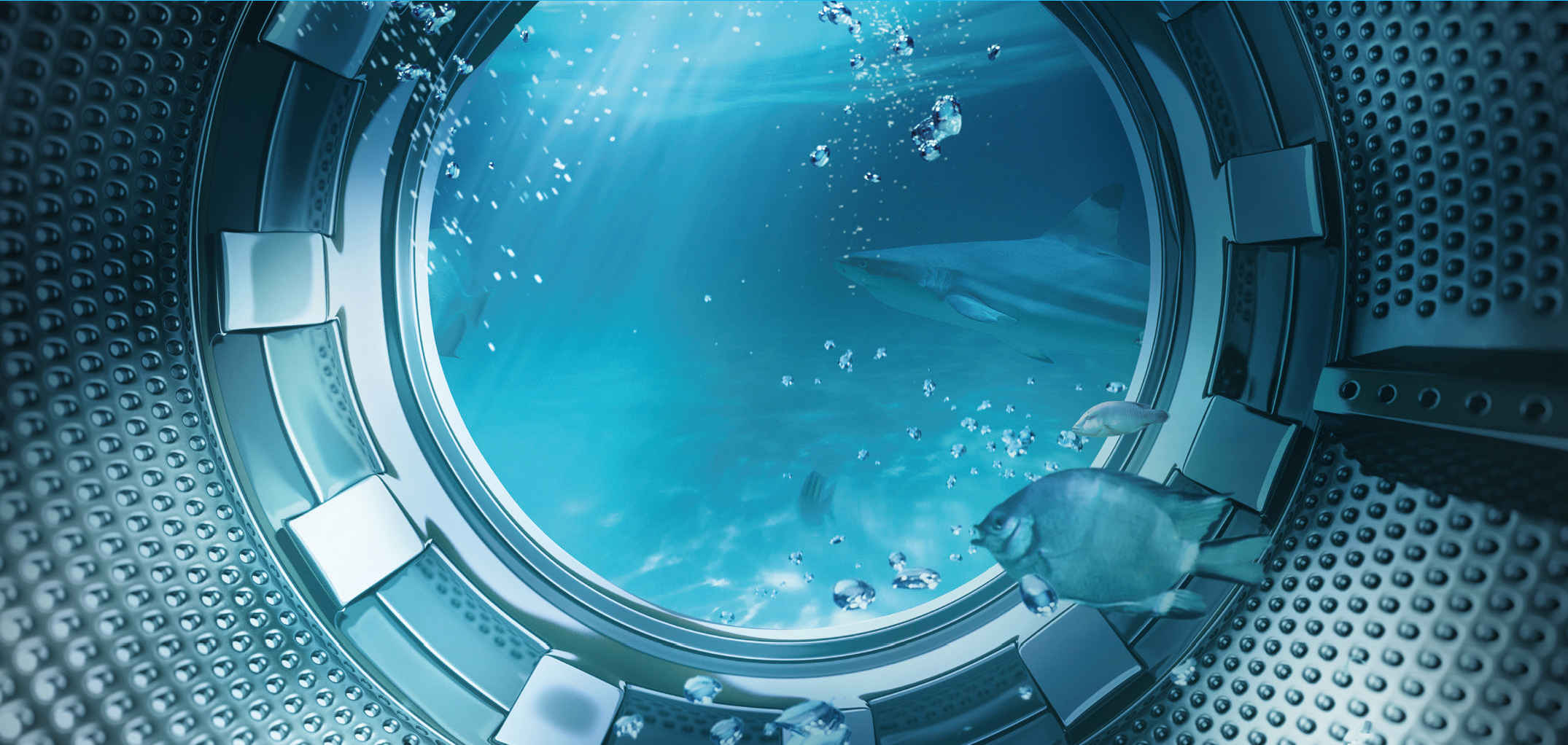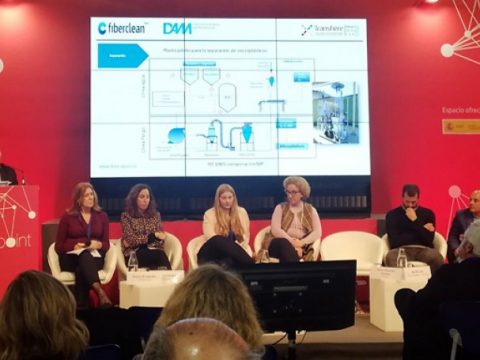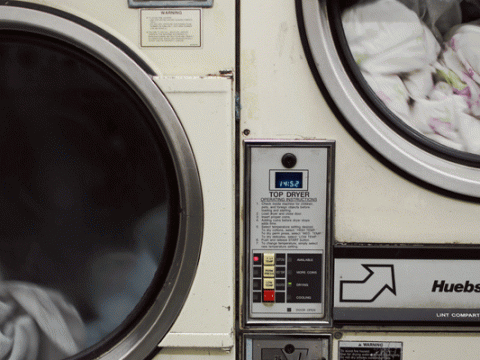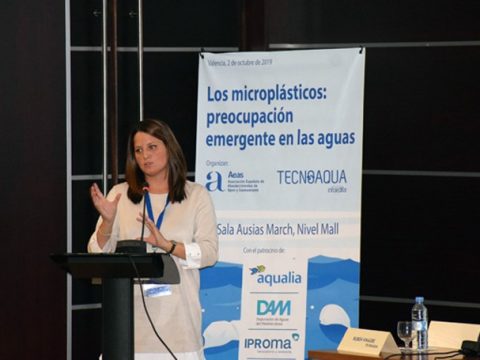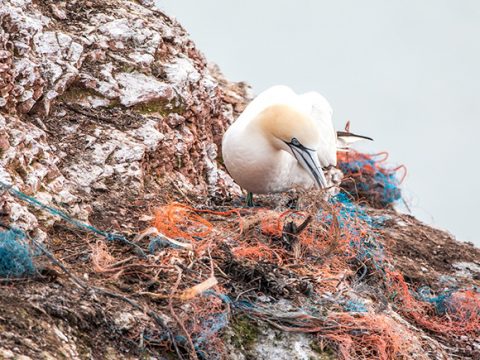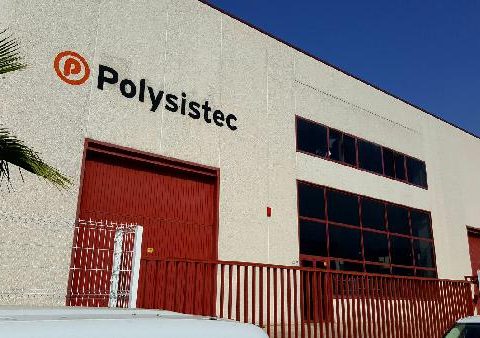Fiberclean offers new solutions for:
Reducing
Cleaning
Controlling
Certifying
What is FIBERCLEAN?
Approximately 13 million tons of plastics end up in the oceans annually, affecting biodiversity, the economy and potentially our health. Of all the marine debris collected, more than 80% is microfiber, particles smaller than one millimeter in size which can be easily eaten by fish and molluscs, and thus may end up sedimented in our stomachs, severely affecting our health.
Most microfibers come from synthetic textile garments, in each wash up to 17 million microplastics are released into the wastewater stream. In order to solve this problem, solutions have been studied in isolation, but the problem has not been addressed globally and there is still much room for improvement.
The FIBERCLEAN project arises with the objective of obtaining solutions that allow the reduction of microfiber emissions in the entire value chain of the manufacture and maintenance of fabrics and garments. The problem is attacked from 2 different perspectives:
- Research and development of new threads, fabrics and finished products with properties that prevent the release of microfibers during several of the phases of the product's life cycle or that allow them to be revalued.
- Research and development of new technologies related to garment washing and wastewater treatment for the elimination or reduction of microfibers, which are compatible with conventional systems.
The FIBERCLEAN consortium, made up of 12 entities
Companies
TEXTIL SANTANDERINA, S.A.
POLIMEROS Y SISTEMAS DE APLICACION TECNICA, S.L.
SUAVIZANTES Y PLASTIFICANTES BITUMINOSOS, S.L.
E.G.O. APPLIANCE CONTROLS, S.L.U.
DEPURACIÓN DE AGUAS DEL MEDITERRÁNEO, S.L.
MAGTEL OPERACIONES S.L.U.
Research organizations (subcontracted)
LEITAT
CETIM
Universities (subcontracted)
University of Córdoba

